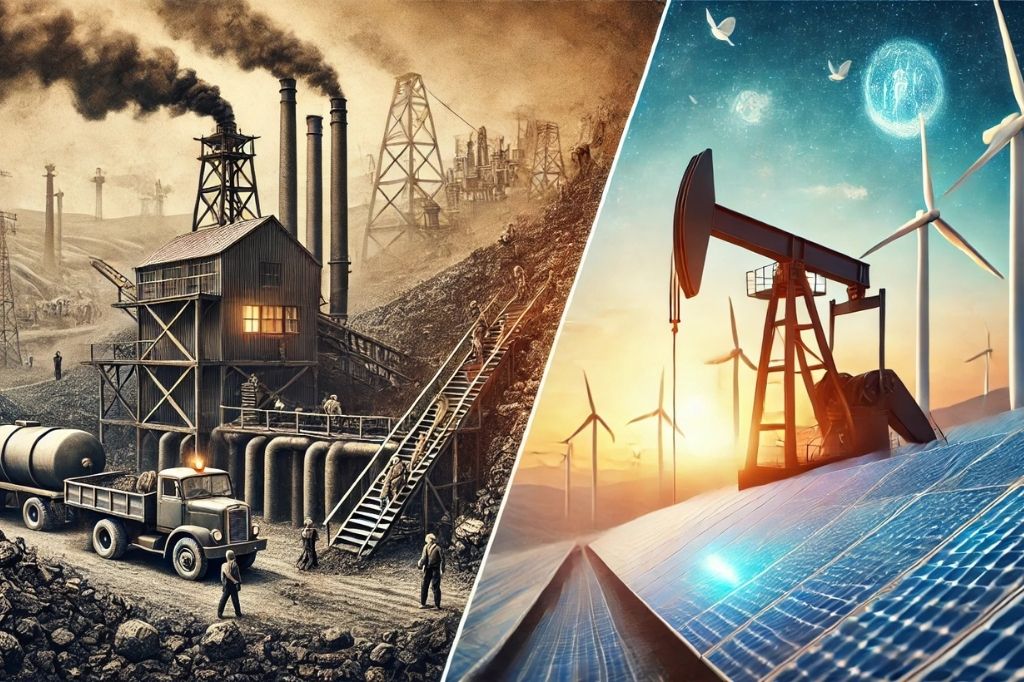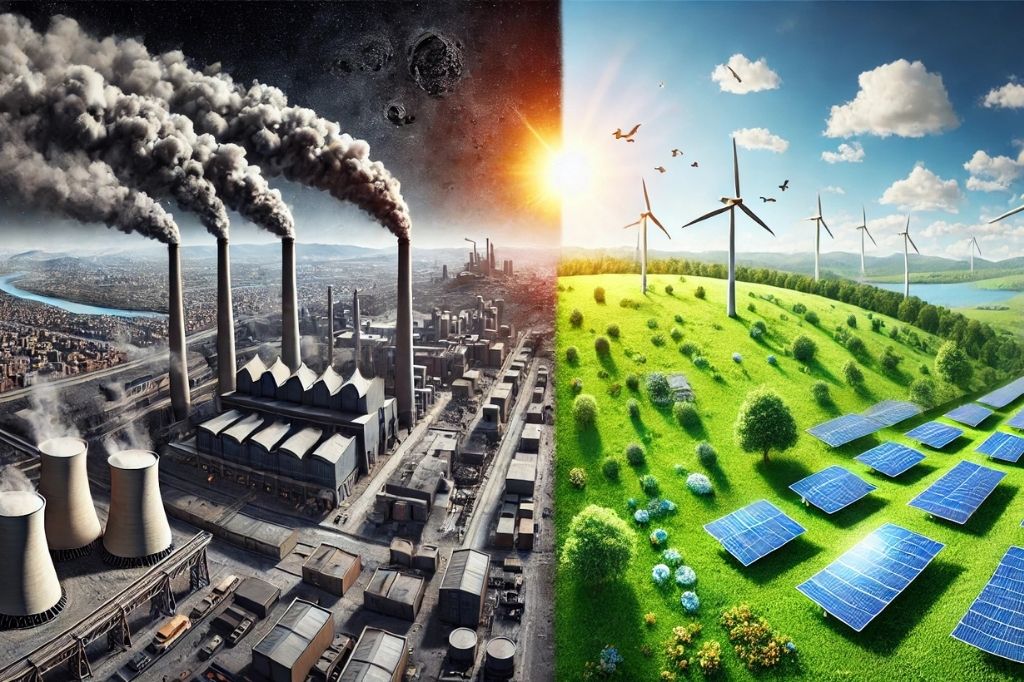When you think about energy costs, the first question that comes to mind may be: Is coal and oil cheaper than clean energy? This question is an incredibly important issue not only for individuals, but also for governments and companies. Because energy preferences carry not only economic, but also environmental and social effects.
In this article, by considering this question in all its aspects, we will embark on a journey that will fascinate the reader. If you’re ready, let’s get started!
The Historical Costs of Coal and Oil: Is It Really Cheaper?
Coal and oil have been the backbone of energy production worldwide for many years. Historically speaking, the costs of these fossil fuels have been relatively low. The biggest reason for this is that fossil fuels have extensive reserves, and technology has become quite effective in extracting these fuels. But these costs are not as simple as they seem on the surface.

First of all, it is necessary to take into account the hidden costs of extracting coal and oil. Environmental impacts and long-term damage to human health increase the real cost of these energy sources. For example, the health problems experienced by workers working in coal mines and forest losses occurring in the environment are often ignored. Dec. When these effects are taken into account, these fuels that we consider “cheap” actually become quite expensive.
In addition, it should not be forgotten that fossil fuels are expendable. As reserves decrease, the extraction of these resources becomes more expensive. This means that coal and oil will become less competitive over time. Therefore, these fuels, which seem cheap today, may leave us facing even greater costs in the future.
Development of Clean Energy Technologies: What about the Costs?
Clean energy, that is, renewable energy sources such as wind, solar and hydropower, were initially considered expensive. However, thanks to technological advances, the costs of these types of energy have decreased rapidly. For example, the production costs of solar panels have decreased dramatically over the past 10 years. This has also made clean energy more accessible.
For example, air pollution caused by fossil fuels causes health problems and increases the burden on healthcare systems. This indirectly means higher taxes and healthcare expenses. On the other hand, clean energy sources do not create such external costs because they do not harm the environment. This makes them more advantageous both economically and environmentally.
Another important point is the incentives provided by governments to clean energy. Tax breaks and subsidies are offered for renewable energy projects in many countries. This makes clean energy investments much more attractive.Jul. Compared to coal and oil, clean energy is now emerging as a more cost-effective option. Jul.
External Costs: Which Is Really More Expensive?
Fossil fuels such as coal and oil have large external costs due to the damage they cause to the environment. Carbon emissions, air pollution and ecosystem loss are just a few examples of these costs. These external costs are usually not included in energy prices, but they seriously affect the overall well-being of society.
For example, air pollution caused by fossil fuels leads to health problems and increases the burden on health systems. This, in turn, indirectly means higher taxes and health care spending. On the other hand, clean energy sources do not create such external costs, since they do not harm the environment. This makes them more advantageous both economically and environmentally.

Another important point is climate change. The increasing use of fossil fuels accelerates global warming and increases the frequency of natural disasters. Disasters such as floods, droughts and forest fires can seriously shake the economies of countries. These costs should also be added to the real price of fossil fuels. Clean energy, on the other hand, protects both people and the economy by reducing these risks.Jul.
Energy Options of the Future: Who Will Be the Winner?
Our energy preferences today directly affect our future quality of life and economic well-being. Is coal and oil cheaper than clean energy? the answer to his question depends not only on the current costs, but also on their future impact. The view of coal and oil as “cheap” is a short-term misconception. In the long Jul-ture, clean energy stands out as a superior option both economically and environmentally.
Advances in clean energy technologies will make these resources even cheaper. In addition, the depletion of fossil fuels and increasing environmental problems will increase the costs of coal and oil. Therefore, it would not be wrong to say that clean energy sources will dominate in the energy systems of the future.
In this assessment of energy costs, clean energy stands out not only as an economical option, but also Jul-tainly as a more sustainable choice for humanity. We may be dependent on fossil fuels today, but this will definitely change in the future.